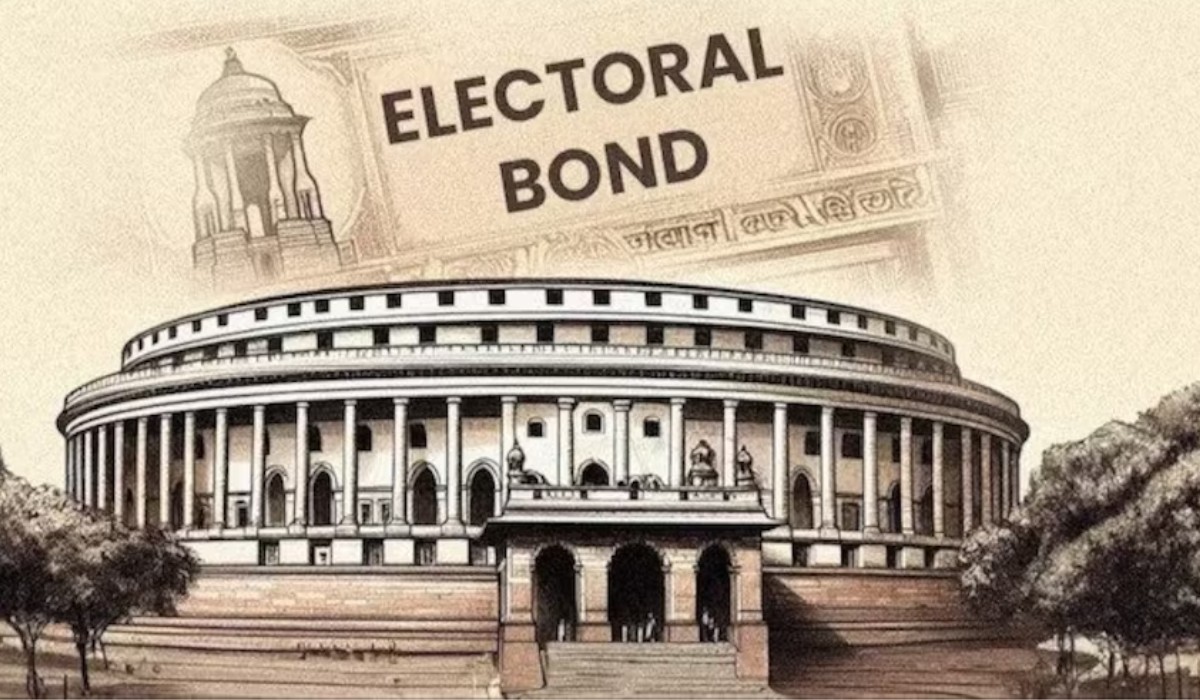In recent years, electoral bonds have emerged as a significant aspect of political funding in India, sparking debates and discussions across various spheres. Electoral bonds are essentially financial instruments that facilitate transparent and legitimate contributions to political parties. Introduced by the Government of India as a mechanism to reform political funding, electoral bonds aim to bring about greater transparency and accountability in the process. Here’s a detailed overview of electoral bonds, how they work, and their implications:
Also Read: Mahashivratri: Celebrating the Divine Union of Shiva and Shakti
1. What are Electoral Bonds?
Electoral bonds are interest-free bearer instruments issued by the Reserve Bank of India (RBI) on behalf of the Government of India. These bonds are primarily used for making donations to political parties and are available for purchase by individuals as well as corporate entities.
Also Read: कोटा में करंट की चपेट में आए 15 बच्चे, 3 की हालत गंभीर
2. How Do Electoral Bonds Work?
- Electoral bonds can be purchased from specified branches of the State Bank of India (SBI) during designated periods announced by the government.
- The bonds are available in various denominations, starting from as low as Rs 1,000, with no upper limit.
- Unlike traditional methods of political funding, where donations are often made through cash or cheques, electoral bonds provide a more secure and traceable means of contribution.
- Once purchased, the bonds can be donated to any eligible political party of the donor’s choice. The donor remains anonymous, and the political party receiving the bond can encash it through designated bank accounts within a specified timeframe.
Also Read: Billie Eilish Becomes Youngest-Ever 2-Time Oscar Winner for Barbie
3. Objectives of Electoral Bonds:
- Enhancing Transparency: Electoral bonds aim to promote transparency in political funding by shifting the focus from anonymous cash donations to a more accountable and traceable system.
- Curbing Black Money: By encouraging donations through banking channels and maintaining a record of transactions, electoral bonds seek to curb the influence of black money in political financing.
- Encouraging Legitimate Contributions: The introduction of electoral bonds provides a legal and legitimate avenue for individuals and corporates to contribute to political parties, thereby reducing the likelihood of illicit funding.
Also Read: 10 Fascinating Trivia Facts About International Women’s Day
4. Criticisms and Concerns:
Despite their intended objectives, electoral bonds have faced criticism from various quarters:
- Lack of Transparency: Critics argue that the anonymity of donors undermines the transparency goals of electoral bonds, as political parties are not required to disclose the identity of bond purchasers.
- Potential for Money Laundering: There are concerns that electoral bonds could be misused for money laundering or channeling illicit funds into political parties, as the identity of donors remains undisclosed.
- Unequal Playing Field: Some political parties allege that electoral bonds favor ruling parties and established political entities, as they may have better access to corporate donors and banking channels.
Also Read: Dwarka Expressway, India’s first elevated highway, to be inaugurated by PM today
5. Conclusion:
Electoral bonds represent a significant attempt to reform political funding in India and promote transparency in the electoral process. While they aim to address the challenges associated with traditional methods of political financing, electoral bonds also face scrutiny and skepticism regarding their effectiveness in achieving their stated objectives. As debates continue surrounding their implementation and impact, electoral bonds remain a subject of considerable interest and contention in the Indian political landscape.
Also Read: इलेक्टोरल बॉन्ड्स मामले पर सुप्रीम कोर्ट की SBI को फटकार











